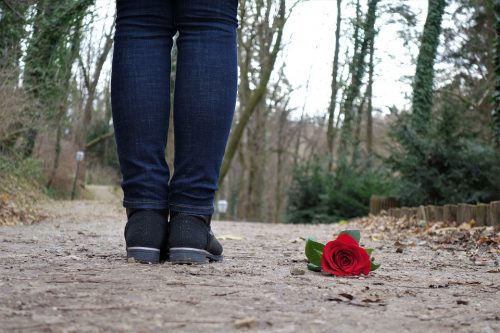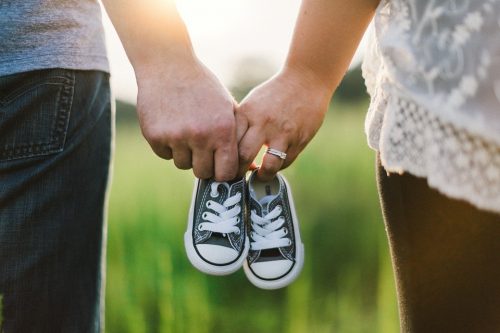“There’s the feeling of being damaged, with intensely painful shame about that. There’s the loss not just of the pregnancy, but of one’s hopes and dreams for that child into the future. There’s guilt over inflicting childlessness on the one they love. There’s the feeling you’ve lost control over your life,” says a psychiatrist Monica N. Starkman M.D.
The previous blog titled “Things That You Should Know About Grief And Depression After A Miscarriage” talked about thoughts. These thoughts will help mothers who have experienced a miscarriage or losing their unborn babies to move on from the traumatic experience. Now, with this blog, more ideas will be shared. For the benefit of those who are undergoing the pain of a lost child, think about these:
Let Go And Accept.

Women who have lost their children become fearful of losing everything else such as peace of mind, relationships, and hope. As such, they may feel a need to hold tightly to other things in their lives. Don’t be a slave of fear. Learn to let go and accept.
Ask For Help When Your Emotions Are Erratic And Destructive.
Other relationships will become inevitably affected by your loss. Being aware of the changes in your emotions is an excellent step to receive the appropriate help. This is the time to build and strengthen your support system.
Be Easy With Your Spouse.

It is normal for your spouse not to understand what you are going through right now. Remember that he is grieving as well, albeit differently from you. Give each other the space to feel your feelings.
Keep Distance From Those Who Stunt Your Healing Process.
As with any tragedy, this is the time when you discover your real friends. You also need to understand that not everyone can help you deal with your feelings. It is also okay to keep your distance from people who can’t give you the support you need.
Expect The Triggers; It’s A Part Of Healing.
There will be moments when you will feel unexpectedly triggered. Anything that reminds you of motherhood and childbirth can elicit sadness and despair. Just know that this is normal, and as you move forward and heal, it will be less of a problem.
Talk And Let It Out.
Don’t be afraid to let people know what you need. Many of the people in your circle won’t know what to say or if they should avoid specific topics around you. Being open with them makes it easier and will avoid awkward conversations.
You Have To Heal.

It is okay to start healing and feeling better. Being ready to have another child doesn’t mean you’ve forgotten the child you lost. “It is important at this time for women to stop beating themselves up over something they could not control. Healing cannot take place as long as you are harsh with yourself,” says Marilyn A. Mendoza Ph.D.
Meet With Mothers Who Overcame Their Grief And Depression.
An excellent way to deal with your loss is to find people who have experienced what you are experiencing at the moment. Search for support groups in your community. This is as good a time as any to make new friends.
It is also important to know that many women suffer from postpartum depression. “Post-partum depression is common. Ten to twenty percent of women experience significant depressive symptoms after the birth of a child. Of these, 5 to 10% experience severe depressive symptoms, meaning that about 1% of women develop a severe depression after childbirth,” according to psychiatrist Eugene Rubin M.D., Ph.D. The added stress of this can make it even more difficult for a grieving mother to properly deal with her feelings and move forward. But you have to make it. You need to move on from this obstacle in your life and get from it a valuable lesson. Mothers are strong. You will get through this.